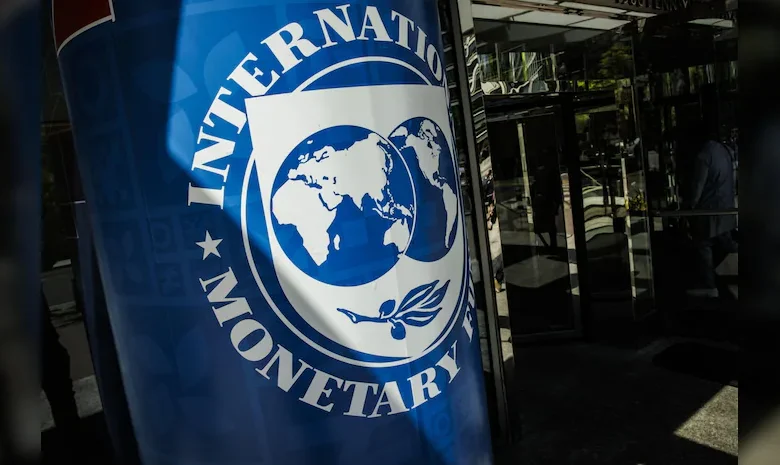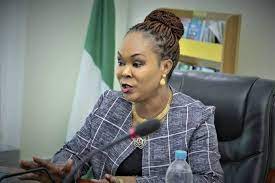
Nigeria’s inflation outlook has become a central concern among economists and policymakers, following the International Monetary Fund’s (IMF) latest World Economic Outlook report, which projects headline inflation in the country to spike to 37 percent by 2026. The report, released in April 2025, paints a sobering picture of Nigeria’s macroeconomic stability, despite recent policy adjustments, including the rebasing of the Consumer Price Index (CPI).
The IMF attributes its projection to ongoing structural inefficiencies, persistent price pressures, and the limited effectiveness of current policy responses. According to the Fund, while average inflation stood at 33.2 percent in 2024, it is expected to dip to 26.5 percent in 2025 before rebounding to 37 percent the following year.
Growth Projections and Structural Risks
Beyond inflation, the IMF also downgraded Nigeria’s GDP growth projections. The country’s growth outlook for 2025 was trimmed to 3.0 percent (down from 3.2 percent), while 2026 growth is now expected to be 2.7 percent. The revisions were largely attributed to lower global oil prices, a challenge that has continued to plague oil-dependent economies like Nigeria.
The Fund noted that despite a balance of payments surplus of $6.83 billion in 2024, driven by positive trade balances and increased capital inflows, the country’s current account surplus is expected to narrow from 9.1 percent of GDP in 2024 to just 5.2 percent by 2026.
While institutions like Fitch Ratings maintain a more moderate view projecting the current account surplus to average 3.3 percent over the next two years global banks such as JP Morgan have warned that continued low oil prices could push Nigeria into a deficit if not adequately mitigated.
Economic Realities at Home
The debate over inflation was further fueled by Nigeria’s CPI rebasing in January 2025, which adjusted the base year from 2009 to 2024 to better reflect modern consumption patterns. This change recalculated January’s inflation at 24.48 percent, significantly lower than the 34.80 percent recorded the previous month under the old methodology.
Subsequent months saw mild fluctuations 23.18 percent in February, followed by 24.23 percent in March primarily driven by food price hikes, FX volatility, and logistics disruptions. The Central Bank of Nigeria (CBN), in response, kept its Monetary Policy Rate (MPR) at 27.5 percent, signaling a continued tightening stance.
Monetary Tightening and Household Realities
The IMF also warned of sluggish per capita income growth, projecting it to rise by just 0.6 percent in 2025 and 0.3 percent in 2026—well below the Sub-Saharan Africa average. This reinforces the disconnect between macroeconomic growth and household welfare, a point emphasized by Professor Adeola Adenikinju, President of the Nigerian Economic Society.
“When food is expensive, transport is poor, and security in farming areas is weak, output drops and inflation rises. Government spending must be smart, not just expansionary,” he said.
The IMF report reflects the global challenges that extend beyond Nigeria, but it also underscores the urgency of domestic reforms. Analysts argue that while Nigeria may not be on a path to 37 percent inflation, the risks are real unless strong measures are taken. These include exchange rate stability, fiscal discipline, agricultural revitalization, and a reduction in deficit-financed spending.
Looking Forward
As Nigeria balances reforms with economic headwinds, one thing is clear: achieving stability requires more than projections and policies on paper. It demands coordinated action across monetary, fiscal, and real sectors of the economy.
Whether or not inflation hits 37 percent, this forecast should be viewed as a wake-up call not just a warning, but an opportunity for course correction.





